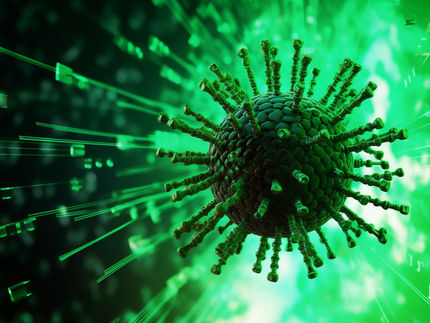U.S. National Science Advisory Board for Biosecurity (NSABB) recommends Science to publish only an abbreviated version of a H5N1 research report
Science Editor-in-Chief Bruce Alberts on Publication of H5N1 Avian Influenza Research
Science confirmed that it has received a recommendation by the U.S. National Science Advisory Board for Biosecurity (NSABB) to publish only an abbreviated version of a research report related to a strain of H5N1 avian influenza virus. Editors at the journal are considering the request seriously and Editor-in-Chief Bruce Alberts has released a public statement summarizing the journal’s position.
On 30 November, the NSABB verbally asked Science to delete details regarding both scientific methodology and specific viral mutations before publishing a research article by Dr. Ron Fouchier of the Erasmus Medical Center and colleagues. The written recommendation, provided to the journal on 1 December, expressed concern that publication of the full paper could pose security issues.
As Dr. Fouchier had explained at a scientific conference in September and subsequently to journalists who were covering that event, his research describes genetic changes that allow the virus to be easily transmitted between ferrets.
The resulting virus is sensitive to antivirals and to certain vaccine candidates and knowledge about it could well be essential for speeding the development of new treatments to combat this lethal form of influenza.
“The NSABB has emphasized the need to prevent the details of the research from falling into the wrong hands,” Alberts said in his statement. “We strongly support the work of the NSABB and the importance of its mission for advancing science to serve society.
“At the same time, however, Science has concerns about withholding potentially important public-health information from responsible influenza researchers. Many scientists within the influenza community have a bona fide need to know the details of this research in order to protect the public, especially if they currently are working with related strains of the virus.”
Science editors are now evaluating how best to proceed.
Most read news
Organizations
Other news from the department business & finance

Get the life science industry in your inbox
By submitting this form you agree that LUMITOS AG will send you the newsletter(s) selected above by email. Your data will not be passed on to third parties. Your data will be stored and processed in accordance with our data protection regulations. LUMITOS may contact you by email for the purpose of advertising or market and opinion surveys. You can revoke your consent at any time without giving reasons to LUMITOS AG, Ernst-Augustin-Str. 2, 12489 Berlin, Germany or by e-mail at revoke@lumitos.com with effect for the future. In addition, each email contains a link to unsubscribe from the corresponding newsletter.
Most read news
More news from our other portals
Last viewed contents





















































